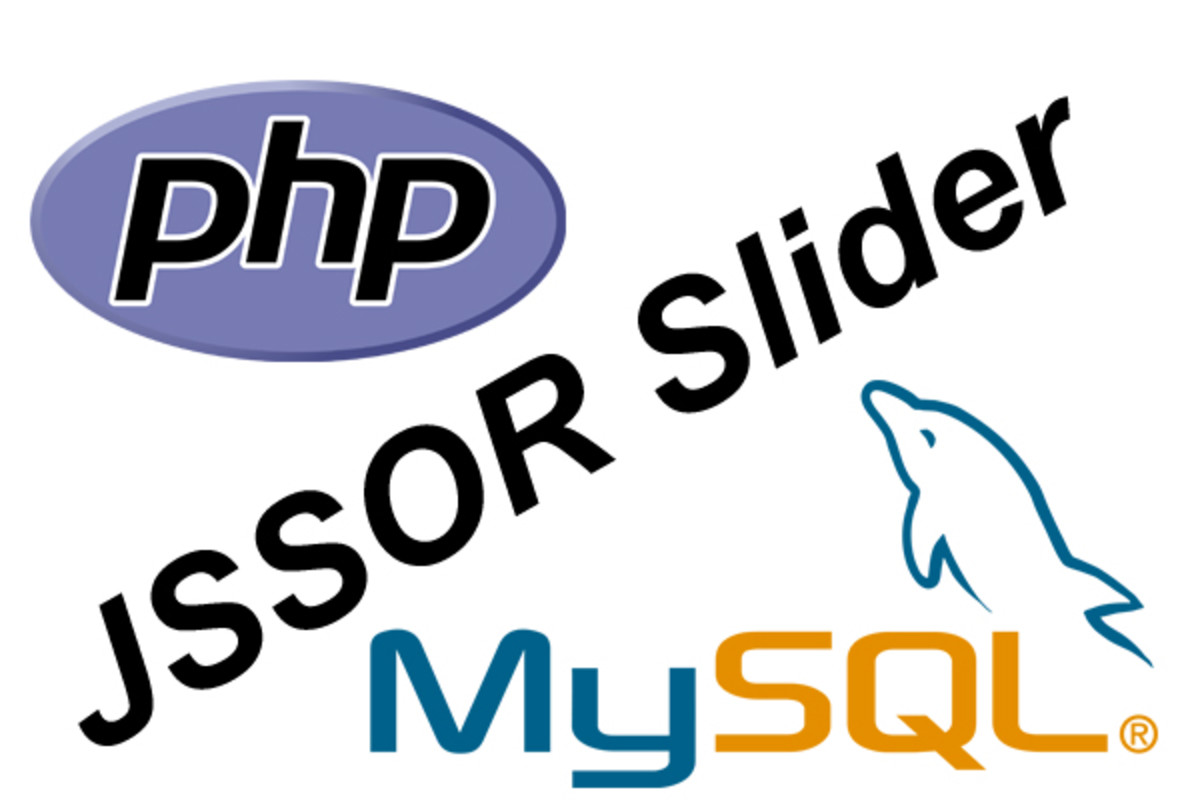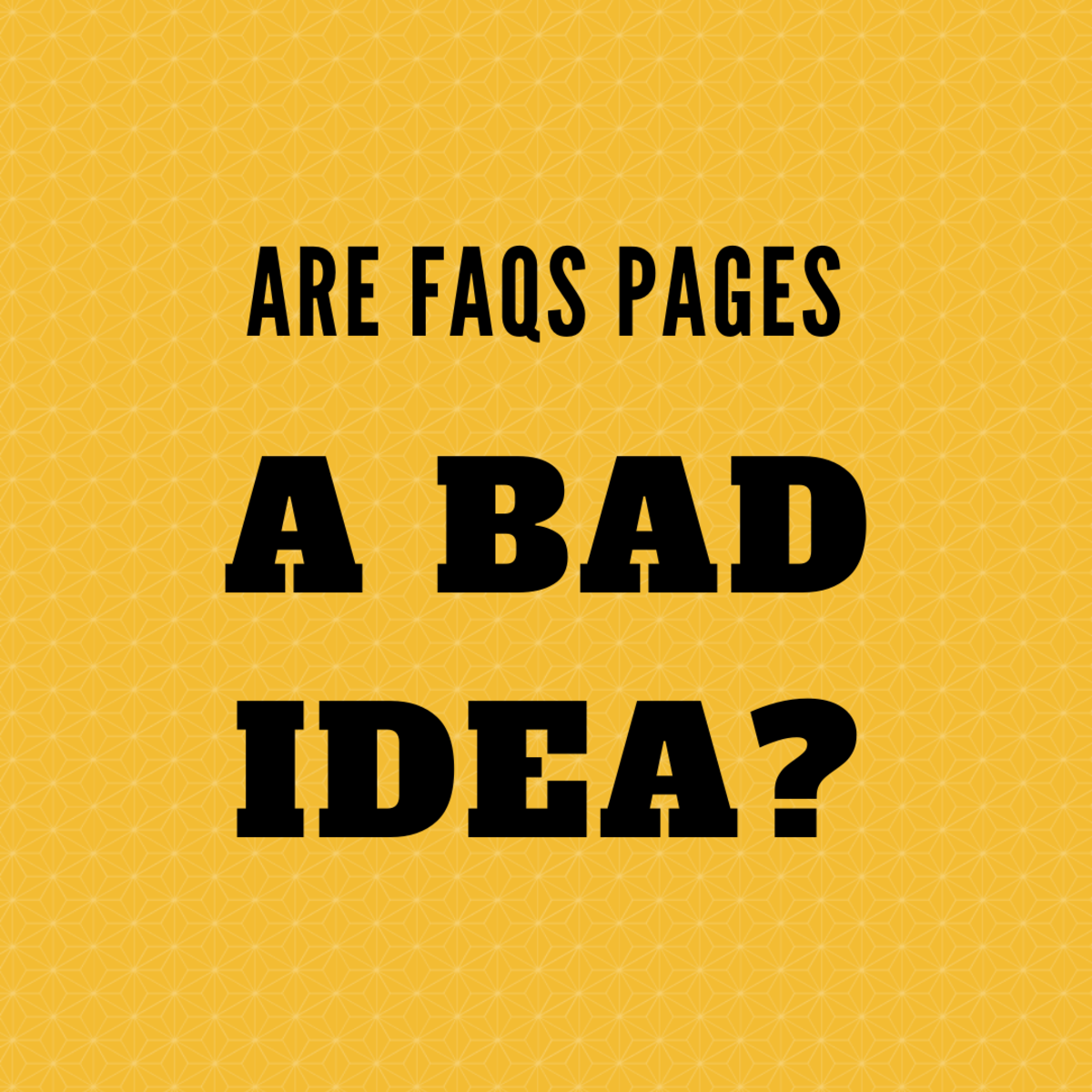Creating a Website for Your Published Books

Writing a book is an exciting journey that is both rewarding and satisfying. Once you finish writing that great book, publish it, and reveal it to the world you need to market/promote your book. Before you embark on your book promotion/book marketing journey, however, you first need to create an author website that will give readers information about you, your books, your writing and other creative projects.
Creating a Website
How do you actually create a website for yourself?
There is no need to have extensive knowledge of HTML to create a great looking, fully functional website. You can use website development software such as DreamWeaver to create your site. Of course creating your website is not the end of it. Once you've created your website you need to buy and register a domain name for it as well as purchase web hosting for it. This can be a bit frustrating especially if you've never done this before and don't know where to start. It can also cost you a lot of money.
I was in the same situation when I decided to create an author website for myself and my books. After doing a search on Google I stumbled upon a website called webs.com that not only lets you create professional, fully functional websites (without being required to know HTML) but also gives you web hosting and provides you with a website domain name (URL). If you don't like the domain name they provide and/or want a specific domain name you can purchase one and use it for the website that you create. You can buy the domain name directly from webs.com. You can also choose from a gallery of website templates, backgrounds, fonts, and colors or you can upload a background image of your own to use on the site.
You don't have to spend a penny to create your professional webs website with ease and to host it, since webs allows you to have all this for free with a free membership. That is a great thing when you can't afford to spend lots of money to have your site up and running. You can have up to five pages on your site with this membership, which is more than enough. I have nine pages on my site but that's only because I did mine years ago and at that time they offered ten pages with the free membership.
If you find that you want or need more pages or if you don't have enough bandwidth, etc. you can always opt for a paid premium membership, which is not expensive. There are different ones available. But from my experience (as I have a webs website for years) the free membership is more than enough. I never run out of bandwidth and though I have nine pages on my site five would have been enough I am sure.
There are many options out there for creating a website for yourself and using webs.com is one of them. Don't hesitate to check them out. You may end up creating your website with them.
What Content and Features Should You Have on Your Author Website?
When creating pages and content for your author website there is certain information that you should include. Your website should have a minimum of five pages in my opinion:
Home Page | Bio Page | Books | Sample Writing | Blog
The first page should be a home page where you will welcome visitors to your website and provide them with any latest news and updates regarding your books, your new creative projects, your writing, etc. Be sure to include a visitor counter on the home page. This will show visitors how many people have been to this website. You don't have to start your counter from 0. You can start it from any number you choose. The higher the counter the more popular your website may become.
Another thing you should have on your home page is a button people can click on to follow you on twitter, a twitter updates box, a Facebook like button, and a share button that allows visitors to share your website on social bookmarking sites, on social networking sites, and via email. I would actually have all these things on every page as it gives visitors more opportunity to share your site, follow you on twitter and Facebook and so on.
The next page should be a bio page where you tell your visitors about you, your writing journey, your writing, your published and soon-to-be published books, and anything else interesting you feel like sharing. Be sure to include your recent picture so people can see how you look like and are able to recognize you as well.
Following the bio page you should have a book page where you talk extensively about your books. In this page you should include for each of your books a book title, book cover, book summary/description, book ISBN, publisher name, year book was published and where it can be bought. Also be sure to include book reviews for each of your books and samples from the book content. While you can have a separate page dedicated to your book reviews, I think it's best to have samples from your book on the same page as the book information as people will be more likely to click on the purchase link this way and in turn buy your book.
If you can have a web store on your website that will allow visitors to purchase your books directly from your site then by all means include it as one of your pages. Webs allows you to have and include a web store on your site.
The next page should be dedicated to samples of your writing and links to online sites where your writing is featured/published. This will not only give readers a chance to see what you write about and what your writing style is but it will also increase traffic to your writing that is published online, which is always a huge plus. And it may increase book sales as well. Sample writing doesn't have to be only that which is featured in your books. It can be something newly written or something not yet published.
Finally the last page of your website should be your blog. People love blogs and reading them so having one on your site is a great idea. Not only can it increase traffic to your website but it may increase your Google ranking as well. Make sure to have interesting content on your blog when you write one.
If you'd like you can also start an outside blog on sites such as Blogger and Wordpress and link them together. The more exposure you give yourself the better off you'll be.
If you do start a blog outside of your website make sure to create a page with information and front covers for all of your books (already released and those yet-to-be-released) along with links to sites where your books can be purchased. Also, include samples from your books and any reviews that people have left for your books (preferably only the positive ones).
Next Step...
Once you have created and published your website it is time to let people know about it. Be sure to share it on Facebook, Twitter, Pinterest, Google+ and other social networking sites. Also share it on the writing websites that you are active on, as well as on book sharing websites like goodreads.com and shelfari.com.
Another thing you can do is create an email signature with the link to your website. This way every time you write an email a link to your website will be included at the bottom of it so you don't have to write it every single time you write an email. You can always delete it before you sent an email, if you feel you don't want to share your website with that particular person.
You can also create an author page on Amazon with your biography and include a link to your website there. This way when visitors/readers check out your author page on Amazon they will be able to visit your website.
Sharing your website on social bookmarking sites like digg and reddit may be a good idea as well. You can create a post for your website but what you should also do is include the website in your profile. So, if visitors click on your profile they will see a link to your website and may visit it, which will not only increase the number of visitors to your site but may potentially increase book sales as well.
Word of mouth is also a great way to promote your website. So, tell your friends about it and ask them to share it with their friends or people they may know. In turn the friends of your friends may share it with their friends and so on and even more people will know about your website. It will create a chain and will increase the visitors to your site.



